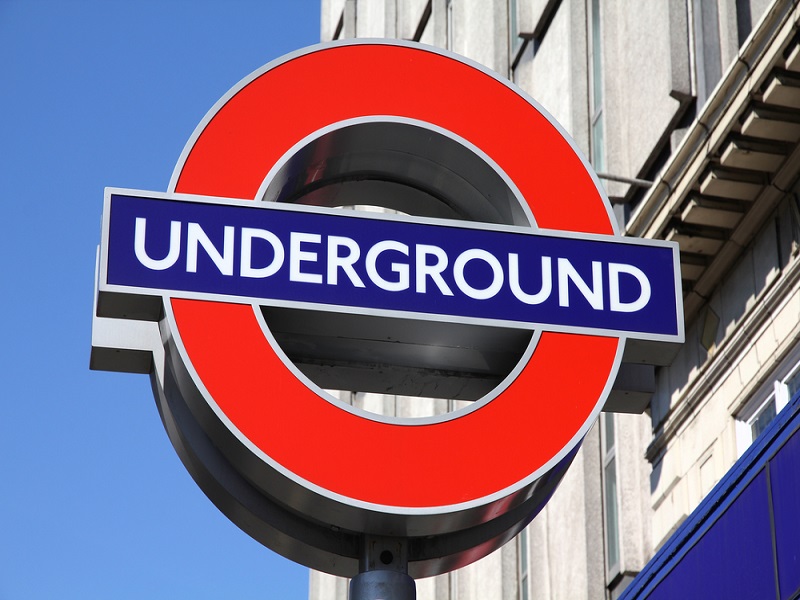Apple Pay has been touted as one of the most innovative ways to pay with a mobile device. Whether or not that will be the case, remains to be seen. But ever since Apple Pay launched in the United Kingdom, it is causing issues with the London Underground. Using Apple Pay will put the user at risk of being overcharged for their journey, which not exactly how this system is supposed to work.
Also read: Apple Announces Several Apple Pay Developments, Includes Overseas Expansion
Apple Pay – Flaky Start In The United Kingdom
Mobile payments are on the rise, and manufacturers and payment processors are scrambling to cobble together a mobile payment solution for the entire world to use. But even tech giants such as Apple, who are one of the first to launch a payment service on a global scale, can run into issues which cause a flaky start for Apple Pay.
Commuters living in the capital of London saw a great use case for Apple Pay, as it can be used to pay for transport across the city. However, there seems to be an issue going on with “double-spending”, as users who own both an Apple Watch and an iPhone are being charged maximum fare, regardless of their destination or travel duration.
Picture you are walking through the London Underground entrance gate, and you use your Apple Watch to pay for your fare. So far, everything seems to work flawlessly, and the money is debited from your account. However, if your iPhone is linked to the same Apple Pay account – which it usually is – it will be recognized by the sensors when you leave the subway station, and you are charged again.
The reason for this is simple: Apple Pay creates its own unique ID for every product owned by a user. An Apple Watch will be registered as a separate ID compared to your iPhone, despite both devices being linked to the same account. As a result, people using public transportation across London are advised to only carry one Apple Device until the matter is resolved.
According to a Transport for London spokesperson, there are weekly “payment caps” put in place to prevent overspending or people abusing the system. However, every charge made by Apple Pay is linked to an individual device. The spokesperson continued by saying that:
“To benefit from daily and weekly capping customers need to use the same device. Data on which devices are paired with each other is not available to us, If two devices linked to the same account are used on the same day they will get billed twice.”
Bitcoin A Better and Superior Alternative
While the issues with Apple Pay cause major headaches for public transport commuters in London, this opens up the door for Bitcoin as an alternative payment method. Bitcoin transactions can be completed by scanning a QR code, even though NFC and Bluetooth LE functionalities are also at the consumer’s disposal.
Forcing commuters to scan a QR code would cause significant delays in a major hub such as London, but if transactions were to be processed by NFC or Bluetooth LE, it should offer the same speed of transaction compared to Apple Pay. However, the issue of double-spending should be non-existent.
Additionally, Bitcoin is usually installed on mobile device by its community members, making it a very suitable candidate for micropayments such as public transport. And because Bitcoin can use the same NFC technology as is being used by Apple Pay, there is no additional infrastructure to set up.
What are your thoughts on the Apple Pay issues, and would Bitcoin offer a better alternative? Let us know in the comments below!
Source: Wired UK
Images courtesy of Apple Pay, Shutterstock
